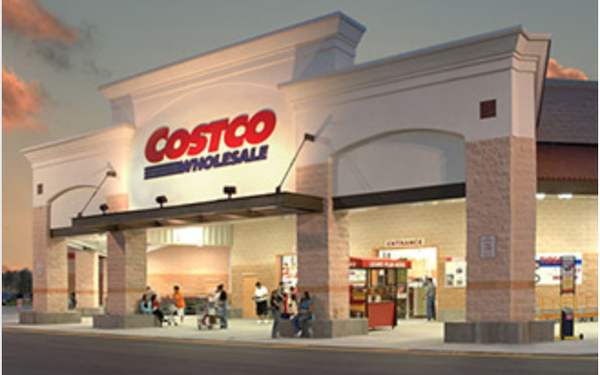
Costco, Marriott and Capital One have
the most likable CEOs, according to a study by Owler.
Craig Jelinek from Costco, Arne M. Sorenson from Marriott and Richard D. Hairband from Capital One were the top finishers overall in the
study, which also ranks top CEOs by industry. Owler’s analysis parsed
thousands of CEO reviews from its users.
CEOs are no longer in the shadows. The world is watching, whether it is through the news, social media or other means, said Jim Fowler, founder
and CEO of Owler, a pioneer in crowdsourced information that is building the world's largest database of company and executive information with more than a million users to date.
“Today,
consumers are increasingly conscientious of company conduct and ethics,” Fowler tells Marketing Daily. “Brand loyalty isn’t just built on quality and name anymore, but on
the way that company interacts with employees, customers, and the world. And typically, ‘that company’ refers to the CEO, board, and executive team.”
advertisement
advertisement
For instance, Uber has
faced a deluge of negative press in the past four months or so. From sexism in the workplace to intellectual property theft to mistreatment of drivers and more, he says. This led to a nationwide
boycott of the brand, providing rideshare competitor Lyft with the perfect opportunity to swoop in and round up disgruntled Uber customers.
CEO likeability isn’t simply a popularity
contest: it yields tangible consequences for companies and the business world, he adds.
“Not all executives are well-liked, but if yours is, then you should unquestionably exploit his or
her likeability to its fullest: blog about it, add his or her accolades to your website, issue a press release, and let your community know,” Fowler says. “Emphasize the human layer of
your company by creating video content featuring your CEO and sharing that content to your website, having your CEO send out personalized emails to customers, and if he or she is open to it,
maintaining his or her own personal Twitter account.”
It should be clear to companies with poorly rated CEOs that it’s time to get their act together and do a better job, he
says.
“It’s a basic human condition to care about how you’re perceived by others, and though it’s never pleasant to find out that you’re not well-liked,
having that information can be a much-needed wake-up call for a CEO,” he says. “Rather than dwelling on an unfavorable rating, CEOs should take actionable steps toward improving their
standing. Low-rated CEOs should ask themselves: why do I have a poor public perception? And what can I do to turn it around?”
Oscar Munoz from United, who finished last, probably
isn’t surprised by his less than stellar rating based on the recent barrage of negative press surrounding United’s mishandling of an overbooked flight, Fowler says.
“However, to many unaware CEOs, it serves as an unexpected and unwelcome, yet incredibly necessary awakening,” he says. “I believe transparency is almost always a good thing:
access to actionable information, even if that information doesn’t show you in the best light, is a thing to be celebrated.”
Likeability has a lot to do with the product that
companies produce, he says.
“For instance, United’s "product" is hard to like to begin with: air travel is often uncomfortable, unpleasant, and expensive,” he says.
“Then, the public sees a customer bloodied face, which further tarnishes their brand name and likeability. Ultimately, the CEO is responsible for happens at his or her company, and he or she is
the face of the business. On the other side of the spectrum, people love shopping at Costco — they feel like they’re getting good products, for good prices, all rolled into a pleasant
experience with lots of samples — that love of brand benefits the CEO, who is also positively perceived.”